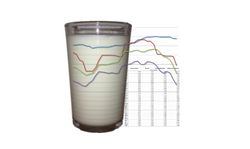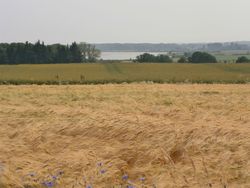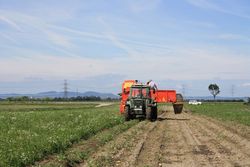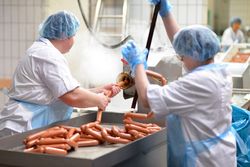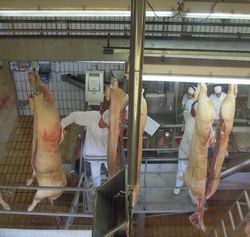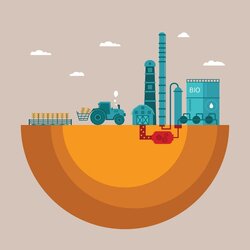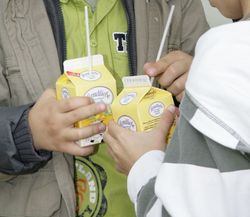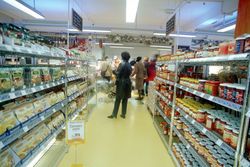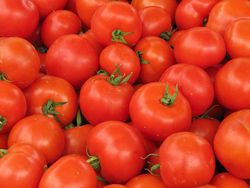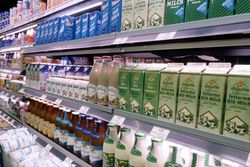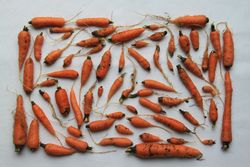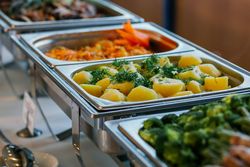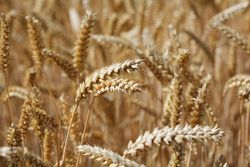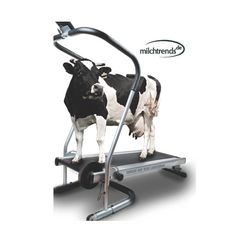
How do agricultural markets function? How competitive is our agri-food economy in global competition? How can policies effectively influence agricultural markets? We analyze these issues in the work area "Analysis of the agricultural and food sector", in order to be able to provide purposeful advice to policymakers, economic actors and civil society.
The scope of our analyses ranges from the regional to the global level and comprise the markets for livestock and meat, milk and dairy products, as well as crops, oilseeds, sugar and renewable resources along the whole value chain.
Continuous observation of agri-food markets, effective processing of existing data and surveys of market participants form the basis of our expertise. Our toolbox includes time series analyses, forecast models, and regressions, amongst others. The obtained information enables us for instance to assess costs, prices and competitiveness in different markets. In this way, we can provide statements on the current market situation as well as on future developments.

![[Translate to English:] [Translate to English:]](/media/_processed_/3/e/csm_AdobeStock_249730128_92f14d3a63.jpeg)
![[Translate to English:] [Translate to English:]](/media/_processed_/3/e/csm_AdobeStock_249730128_a6fcf4c893.jpeg)
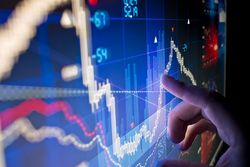
![[Translate to English:] Agriculture's share of consumer spending on selected food products](/media/_processed_/0/2/csm_InflAgg_FuenfJahre_cbec50b894.png)
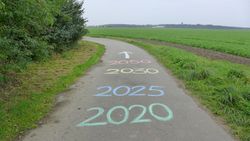
![[Translate to English:] Brightspace](/media/_processed_/a/5/csm_interaction_Brightspace2_a186192d43.jpg)
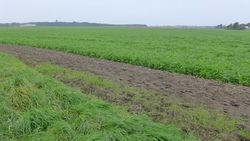
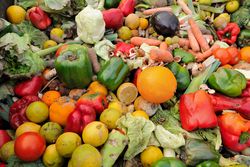

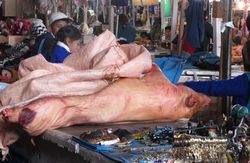
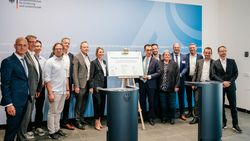
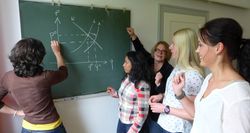

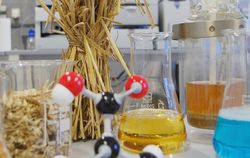
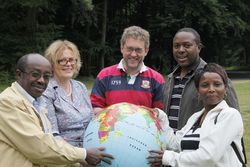
![[Translate to English:] CO2 footprints in the food chain](/media/_processed_/d/2/csm_AdobeStock_205387922_8108418302.jpeg)
